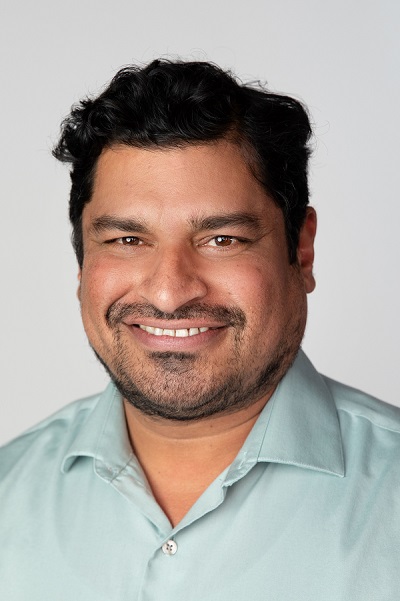"People are always looking for better opportunities and the constant changes in underwriting guidelines," says independent agent Rajan Nurnie. "An improvement I have seen is that it used to take up to two weeks to get a quote back, and now it takes just a day or two."
 Rajan Nurnie
Rajan Nurnie
Owner
Kansas City, Missouri
How did you get started at your agency?
I worked for State Farm and Farmers earlier in my career, but they did not write too much commercial insurance. I realized I wanted to do more commercial lines, so I decided to start my own agency. I started my agency during the COVID-19 pandemic. Somehow it all worked out.
Why E&S insurance?
It's so hard to get appointed on personal lines, so I decided to go into commercial lines. The E&S market is particularly interesting because there is absolutely no limitation on the type of business that you can insure. In the E&S market, there are four to five carriers that will write any kind of business. It works to an agent's advantage when customers don't have a lot of options.
Challenges in the E&S market?
Many companies are exiting markets and options are very limited. Another challenge is retention. People are always looking for better opportunities and the constant changes in underwriting guidelines. An improvement I have seen is that it used to take up to two weeks to get a quote back, and now it takes just a day or two.
Future trends in the E&S insurance market?
My hope is that managing general agents (MGAs) will have an online quote and bind option for more classes of business.
Advice for a fellow agent in E&S?
Pick a niche that you are good at—or that is needed—and stick to it. Learn as much as possible about whatever that niche is and become a market leader.
Favorite success story?
I started working on used car dealership insurance. It was a struggle to get companies to do business in my county. Once I started going to the dealerships and writing business, the market opened up for me. I wrote so much business that I became the top agent at one of my companies for two years in a row. Another success story was placing a client that had three Rottweilers with a carrier.
Olivia Overman is IA content editor.
